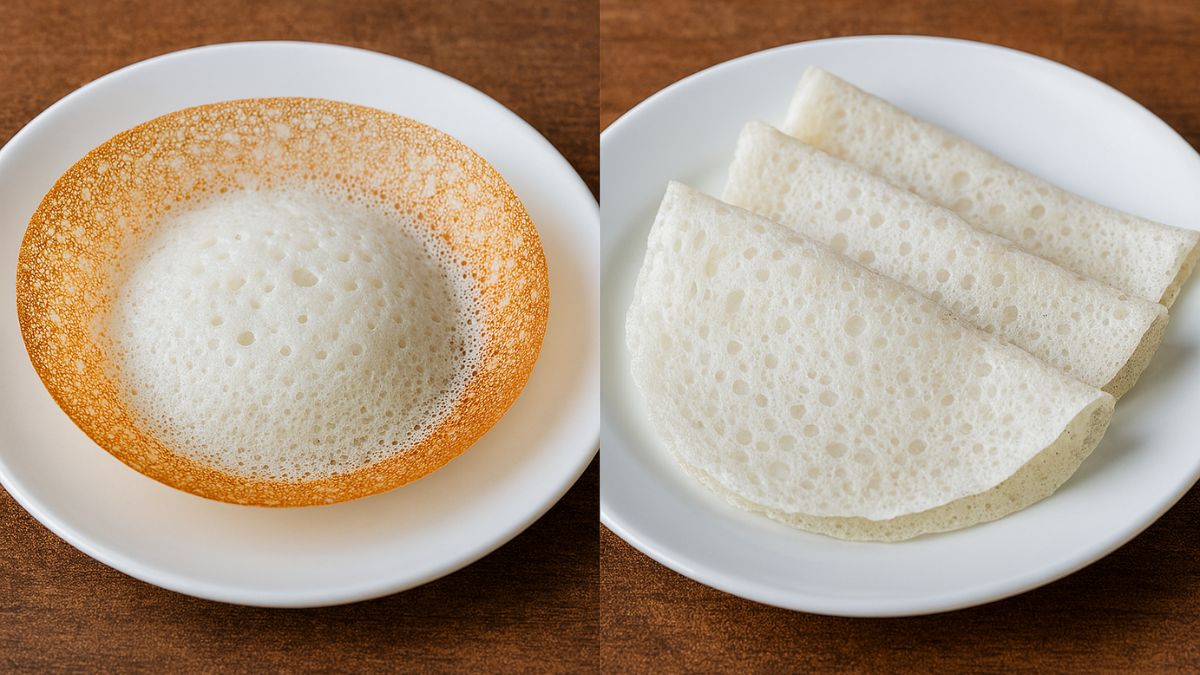Paleo food. Photograph: Kent Lacin LLC/the food passionates/Corbis Claims by proponents of the carbohydrate-averse food regimen supposedly based on what our paleolithic ancestors ate do not stand up to scientific scrutinyIt's been a rough year for adherents of the Paleo diet, the meat-forward lifestyle that took Robert Atkins's ideas back 10,000 years to declare war on carbs.
First, the Paleo Guy himself, New Zealand nutritionist Jamie Scott, disavowed any association with the movement. More recently, a study found that people lost more weight on a low-fat diet than on a low-carb one. And the latest blow: the University Chicago's Quarterly Review of Biology has released a report that calls into question one of the cornerstone beliefs of Paleo carnivores: that it was a switch to meat in the hominid diet, brought about by the advent of hunting equipment during the stone age, that led to the increased brain size that distinguishes humans from our heavier-browed forefathers.
But according to evolutionary biologist Karen Hardy and her colleagues, carbohydrates played an essential role in the developing of bigger brains. A high-functioning human brain needs lots of glucose, which carbs provide.
In a perfect world, this might lead people to chill out some on the strictures of the Paleo diet, or at least the way they talk about it. But our world is far from perfect, and it's unlikely that people will stop being as insufferable as they (we) are. So in an attempt to help even just a little bit in this regard, I'll cite some of the leaders of the Paleo movement, and point out the errors in their thinking.
The anti-potato crusader
Self-proclaimed "world's leading expert on paleolithic diets" Colorado State professor Dr Loren Cordain is widely acknowledged as the founder of the Paleo movement, and probably the most vociferous anti-potato crusader on the planet. (The paleo community is generally more forgiving of sweet potatoes and yams, which are seen as a "healthier" option.)
"I have noticed in the last few years that many Paleo dieters believe that potatoes can be regularly consumed without any adverse health effects," he says. "Part of this misinformation seems to stem from writers of blogs and others who are unfamiliar with the scientific literature regarding potatoes."
But according to Hardy's findings, eating starchy tubers like potatoes is precisely what allowed our hunting-gathering ancestors to thrive. "The regular consumption of starchy plant foods offers a coherent explanation for the provision of energy to the developing brain during the Late Pliocene and Early Pleistocene," she says.
"While the development of cooking, and a concomitant increase in salivary amylase expression, explains how the rapid increases in brain size from the Middle Pleistocene onward were energetically affordable."
The "primal enthusiast'
Founder of Primal Blueprint Publishing and author of the popular blog Mark's Daily Apple, former Ironman World Championship competitor Mark Sisson recommends a daily intake of 100 to 150 grams of carbs, and calls the 150-300 gram recommendation of the USDA "irresponsible" (by the way, you can become a "certified" primal blueprint expert for "only $1 down", according to an add at Sisson's website, which is surely a far more responsible thing to do).
Hardy offers "a more realistic recommendation for the practical minimal requirement of 150g/day of glycemic carbohydrate intake beyond the ages of three to four years".
The metabolic medicine expert
An "internationally known expert in nutritional and metabolic medicine whose work with diabetics is truly groundbreaking", according to his own website, Dr Ron Rosedale is listed as one of the "top 17 low-carb & paleo doctors with blogs" on the "authority nutrition" site that comes up on the first page of a Google search for "paleo doctor".
Rosedale says, "Don't worry about getting enough carbohydrates. They are everywhere, so avoiding them completely is impossible. That said, you don't NEED any at all. Contrary to popular belief, there is no lower limit to the amount of sugar your body needs."
Hardy, for her part, says, "modern humans require a reliable source of glycemic carbohydrate to support the normal functioning of our brain, kidney medulla, red blood cells and reproductive tissues. The brain alone accounts for 20"25% of adult basal metabolic expenditure. In addition to the demands of the brain, red blood cells require approximately 20g glucose per day directly from the bloodstream. Under normal circumstances, a glucose requirement of approximately 170g/day is met "..."
Enough, right?
Surely, some of the ideas that inform Paleo thinking have some value (I for one could probably stand to cut back on the potato chips). But the same can be said for most belief systems " and any strict lifestyle regimen that claims to have "cracked the code" and discovered the one true path to healthier existence is bound to be bullshit.
Come on, man. Come on, Early Man.










